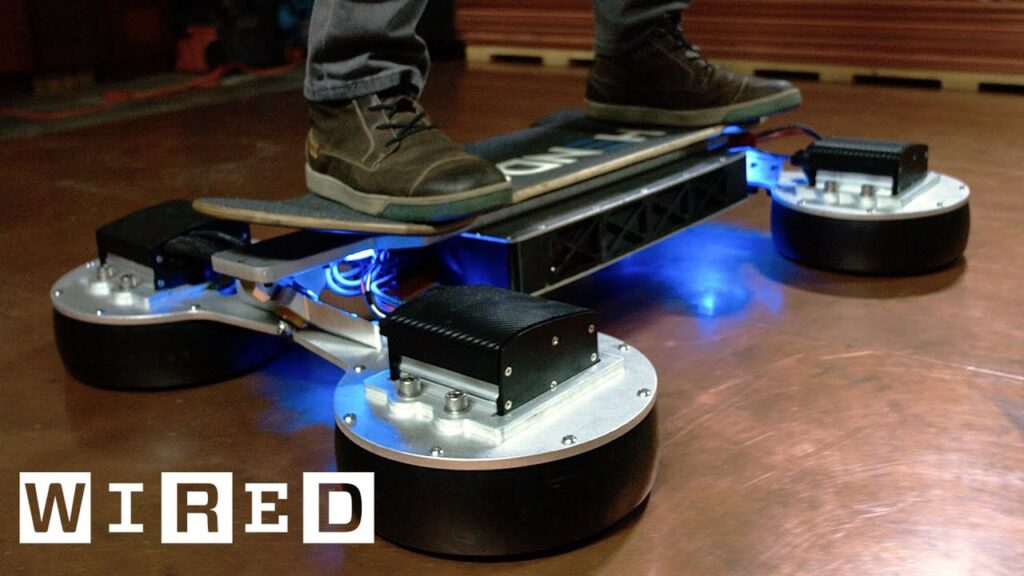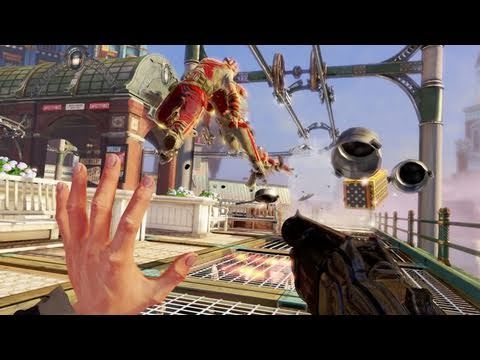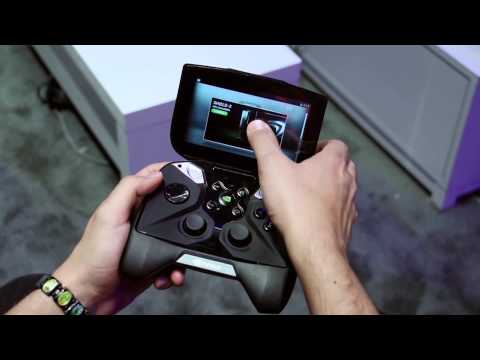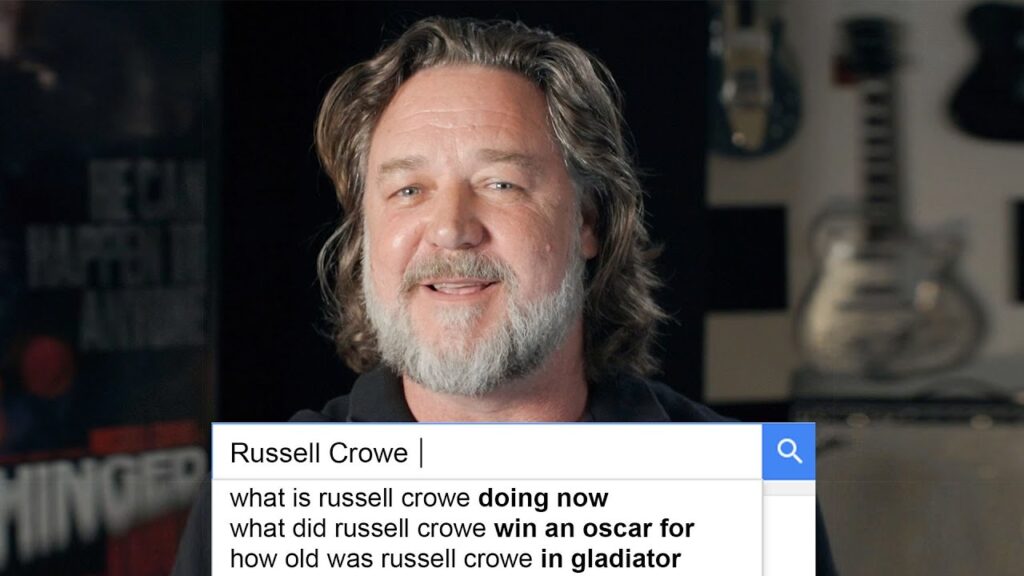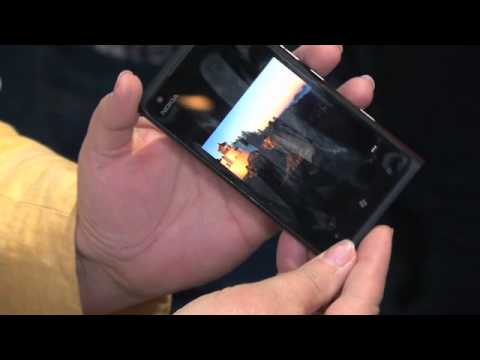Using Nonverbal Cues to Detect Lies: An Expert’s Perspective
Summary
Joe Navarro, a former FBI agent and an expert in nonverbal communications, shares his views on detecting deception. He emphasizes the importance of detecting indicators of discomfort and stress, rather than relying on single indicators of lying. He also shares tips on how to make the interviewee feel comfortable during the interview, and warns against creating psychological pressure that can derail the interview process. The speaker also discusses the complexity of detecting deception and the need to always verify information before making accusations.
Table of Contents
- The Importance of Indicators of Discomfort and Stress
- Tips for Conducting an Effective Interview
- The Dangers of Creating Psychological Pressure
- The Complexity of Detecting Deception
Introduction
Deception is a common occurrence in human interactions, and detecting it can be challenging. While some people may rely on verbal cues to detect lies, experts suggest that nonverbal cues can also be useful in detecting deception. Joe Navarro, a former FBI agent and an expert in nonverbal communications, shares his views on detecting deception, and offers tips on how to conduct an effective interview.
Q&A
Q: Can you tell us more about the use of nonverbal cues in detecting deception?
A: Nonverbal cues can be useful in detecting deception, but it’s important to understand that there is no Pinocchio effect when it comes to detecting lies. No single behavior is always indicative of deception. Rather, we look for indicators of discomfort and distress, which may be seen in both honest and dishonest people.
Q: What are some tips for conducting an effective interview and making the interviewee feel comfortable?
A: It’s important to make the interviewee feel comfortable during the interview. To do this, we recommend sitting them near the door, backing away to avoid violating their personal space, and making less eye contact to reduce intimidation. We also suggest using lower and slower tones and beginning with simple and positive topics, such as their name.
Q: What are the dangers of creating psychological pressure during an interview?
A: Creating psychological pressure or escalating situations can derail the interview process and affect the person’s memory. In fact, in the majority of DNA exoneration cases, none of the police officers or prosecutors could detect the truth, and 25% of the falsely convicted individuals were willing to admit to the crime due to the intense psychological pressure applied during the interview process.
Q: Can you tell us more about the complexity of detecting deception?
A: Detecting deception is complex and cannot be reduced to a simple science. While nonverbal cues can be useful, it’s important to verify information and not rely solely on nonverbal cues to detect deception. It can be dangerous to accuse someone of lying without proof.
Conclusion
Joe Navarro’s approach to detecting deception suggests that it’s important to observe behavioral cues with caution and not rely solely on single indicators of lying. It’s also important to make the interviewee feel comfortable and avoid creating psychological pressure during an interview. Finally, it’s important to recognize the complexity of detecting deception and to always verify information before making accusations.

